If you love working with children and want to make a real difference, you may be considering a career in special education. Special educators play a very important role; they offer support to help students with disabilities and other special needs access the curriculum.
Special education teachers have a rewarding, but challenging, job. I can certainly attest to that.
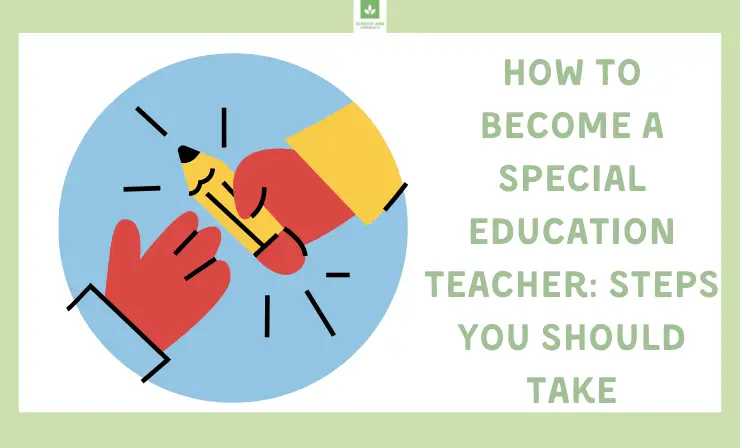
Keeping up with the paperwork and planning was never easy, but it was all worth it in the end when I saw the gains and strides my students made with learning the curriculum.
If you think becoming a special education teacher is right for you, you probably have a lot of questions about what you should do to make it happen! I’m here to help you understand more about what a special educator does and share more about what you’ll need to do to start your career as a special education teacher.
Continue reading, and I’ll share:
- How to become a special education teacher→
- What a special education teacher does→
- The requirements to become a special education teacher→
- Steps to take to become a special education teacher→
8 Ways How to Become a Special Education Teacher
Once you’ve completed your certification and are ready to get hired for a position as a special education teacher , there are a few things you can do.
Following these suggestions can help ensure you find a position as a special education teacher in a school you will love.
1. Focus on Your Resume
Before talking to any potential employers, you first want to make sure that your resume is in tip-top condition. Make sure it highlights all relevant work experience and your student teaching experience as well.
2. Have a Solid List of References to Share
In addition to having a strong resume prepared, you also want to have a list of references to share with your potential employers. Consider listing your mentor teacher from your student teaching experience, professors from recent college classes, and previous employers, even if in non-education fields.
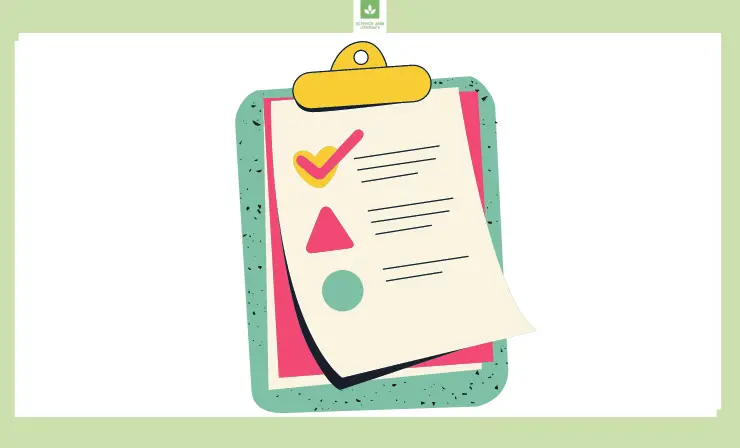
3. Schedule Multiple Interviews
Don’t put all of your eggs in one basket. Even if you have your heart set on working at one specific school, it is still important to schedule additional interviews at other schools. There is no guarantee you’ll get your first choice, and you want to have some back up options available.
4. Write a Cover Letter
Attach a cover letter to your resume for each position you are interview for. You can draft a basic cover letter, but be sure to personalize it for the specific school you’re applying to. This will show that you did some research before your interview and will also help set you apart from other candidates.
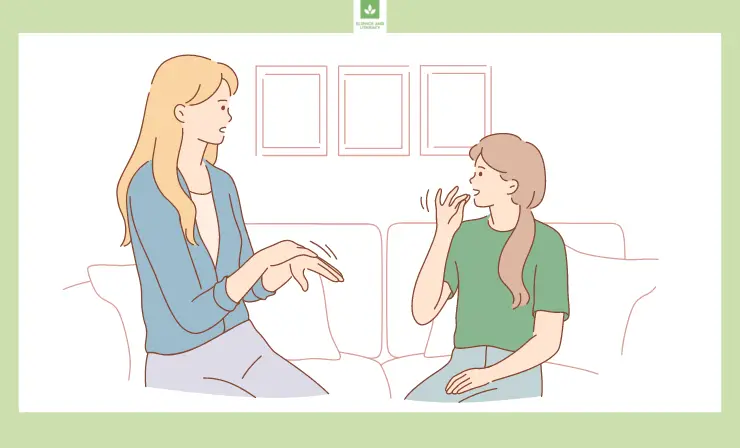
5. Practice for Your Interview
Find a friend to help you practice for your interview. Print out some common interview questions to have them ask you, and rehearse how you’ll answer them during the interview.
6. Showcase Your Achievements
Bring a digital or paper portfolio that highlights your achievements during your student teaching experience. Include sample lessons plans, student work, and other ways you helped your students meet their IEP goals.
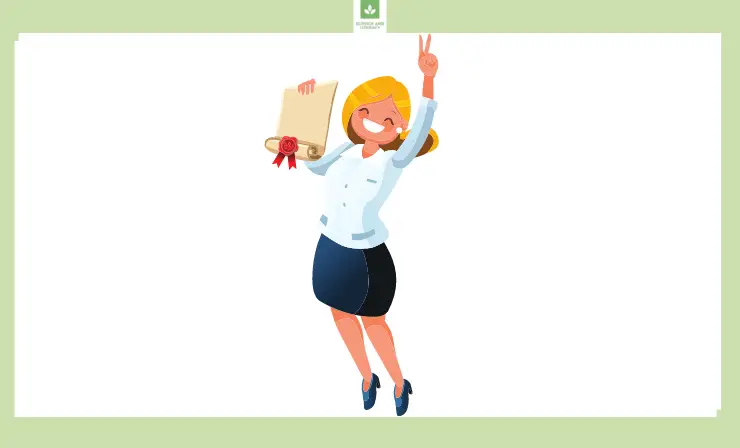
7. Demonstrate Your Passion
During your interview, don’t be afraid to let your passion for the field of special education shine through. This will help your potential employers see that you are the best person for the job.
8. Consider Substitute Teaching for the District or School Where You’d Like to Work
If you don’t get hired after your first round of interviews, consider substitute teaching for a year or so at the schools you’d like to work at. This will help the administrators and other professionals in the building see your dedication and resolve and may make them more likely to consider you when a position opens up in the future.
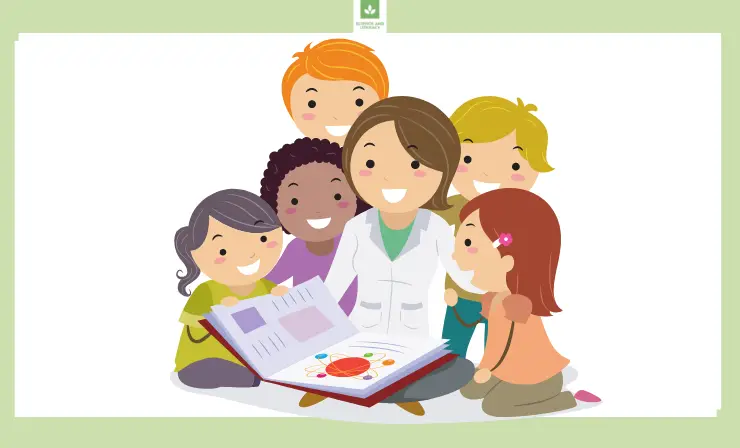
What Does a Special Education Teacher Do?
The job of a special education teacher is complex and can vary depending on the position. Some special education teachers support students in the general education classroom and help make the grade-level curriculum and standards more accessible.
Other special education teachers may teach in a self-contained model. These teachers will work with the same students in one classroom all day and may teach a modified version of the curriculum, depending on the specific IEP goals of their students.
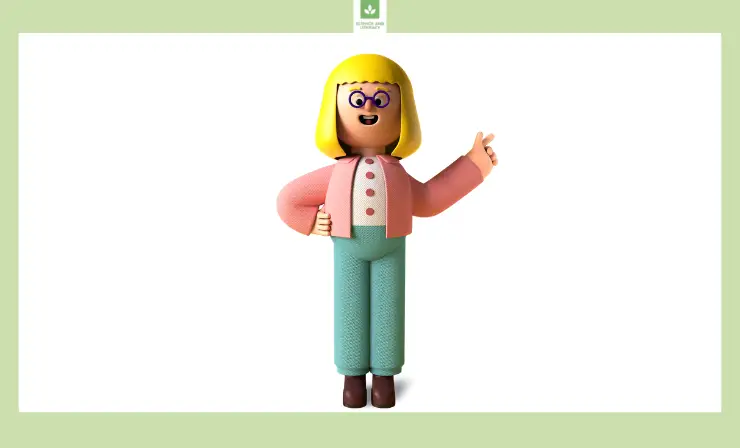
The list below highlights some of the many tasks a special education teacher may be responsible for. Again, depending on the specific teaching position , you may or may not be responsible for everything on the list.
- Work with students with mental or physical disabilities to help them access the curriculum. This can include working with them in their general education classroom and/or pulling them out for additional support.
- You’ll need to modify lessons as needed based on the specific needs of each student. For example, you may need to provide addition scaffolding or support to solve a math problem or use a document camera to make smaller items appear larger for a student with a visual impairment.
- Write IEPs (Individualized Education Programs) for your students based on their needs. This will include setting goals for the students and listing the strategies and supports they will receive from you, and other teachers that work with them, in order to help them achieve these goals.
- Monitoring your students’ progress towards meeting the goals on the IEP.
- Share resources and strategies with general education teachers that they can use to differentiate instruction for the special education students in their class.For example, you could share tips on keeping students engaged in a lesson by using the interactive whiteboard in the classroom.
- Holding regular meetings with general education teachers to discuss the progress of each of your students towards meeting the goals listed on their IEP.
- Scheduling years meetings with parents, administrators, speech pathologists, occupational therapists, and any other stakeholders to discuss each child’s progressions towards meeting their goals and revise, add to, or delete the goals on their IEP.
- Work with parents to offer resources and strategies they can use to help their children at home.
- Helping prepare students to be successful once they graduate from high school.
What do you think? Does becoming a special education teacher sound like something you’re interested in?
In the next few sections, I’ll share what you’ll need to do to make your dream of becoming a special educator a reality.
Special Education Teacher Requirements
The requirements to become a special education teacher can vary some depending on the state you plan to teach in. So, be sure to cross-reference the information provided below with the specific information you receive from the district or state you’d like to work for.
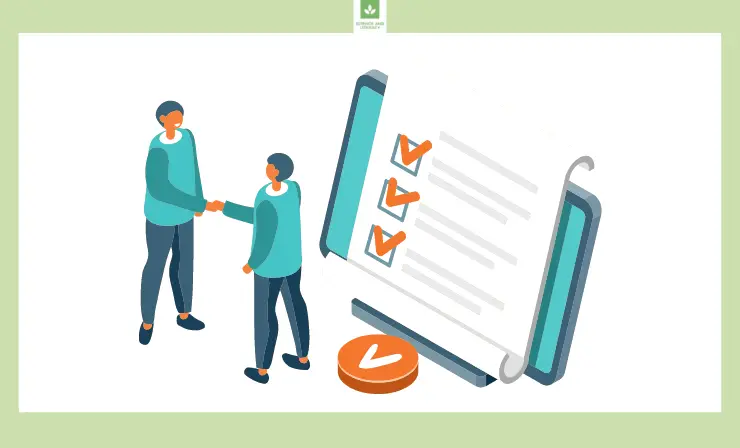
Below are some of the general requirements necessary for becoming a special education teacher:
- Bachelor’s degree in education
- Master’s degree in special education (in many states)
- Passing any state-required assessments
- Obtaining certification from the state
- Completing continuing education courses throughout your career to maintain your certification
Once you are a special education teacher, some of the requirements of your job will include:
- Writing IEP (Individualized Education Programs) for your students.
- Instructing students to achieve the goals set forth in their IEP.
- Conducting educational testing to assess students and their levels.
- Working with general education teachers to differentiate lessons to meet the needs of special education students.
- Preparing necessary materials and supports to help students access the curriculum and succeed.
- Communicating with parents about the progress of their child.
- Holding annual meetings with parents, administrators, and other stakeholders to evaluate and modify each students’ IEP as needed.
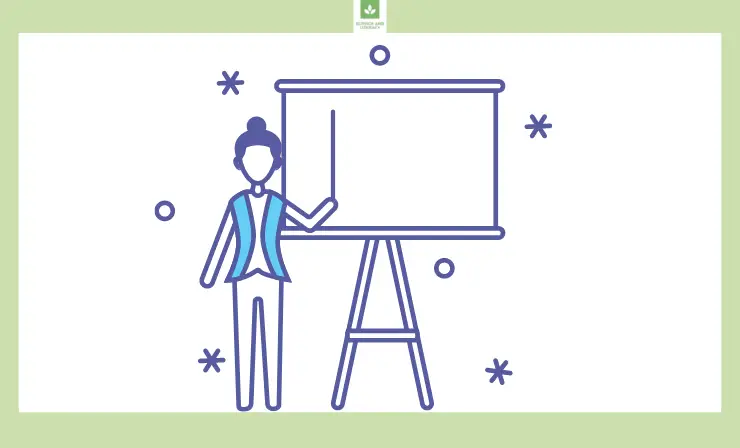
Additionally, there are a few general skills and personality types that often transfer to being successful as a special education teacher. These include:
- Patience
- Organization
- Acceptance
- Resourcefulness
- Creativity
- Flexibility
- Enthusiasm
- Calming nature
- Strong communication skills
6 Steps to Becoming a Special Education Teacher
Ready to learn the steps for how to become a special education teacher ? Remember, as I mentioned above, every state has its own regulations, so be sure to check with those too.
Here are the general steps to follow to get hired as a special education teacher :
1. Complete Coursework for Your Bachelor’s Degree
The first thing you’ll need to do is earn a bachelor’s degree from an accredited college or university. Depending on what is offered at the school you choose, some bachelor’s degree options to consider include elementary education, special education, general education, or a specific subject you’d like to specialize in, like science or math.Many states and districts also require individuals to complete a master’s degree before working as a special education teacher. Look into the requirements in your state to confirm whether this will be necessary before applying for jobs.
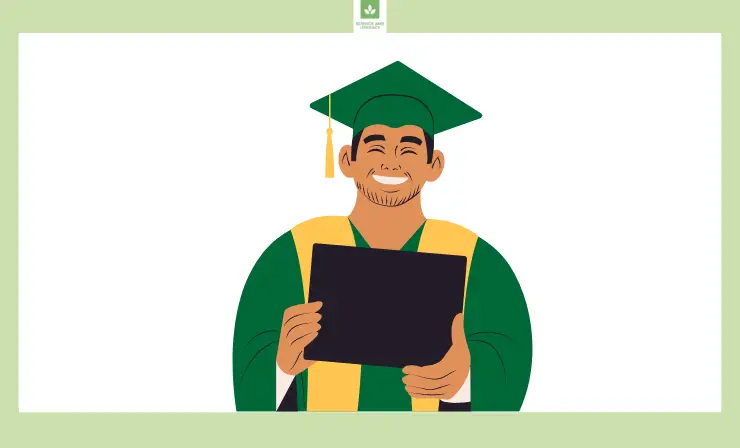
2. Complete Student Teaching or Education Internship
In many cases, a student teaching practicum will be part of the required coursework before graduating with your bachelor’s degree. However, in some cases, you may need to complete a separate education internship if one is not included in your studies.During your internship, you’ll gain invaluable practice and support with real students. Be sure to record yourself teaching at the beginning of your internship and at the end so you can see your growth.
3. Obtain Certification from the State
Once you’ve received your bachelor’s degree (and possibly master’s degree), you will need to complete any other requirements set forth by the state before obtaining certification. In many cases, this will require passing specific exams determined by the state.
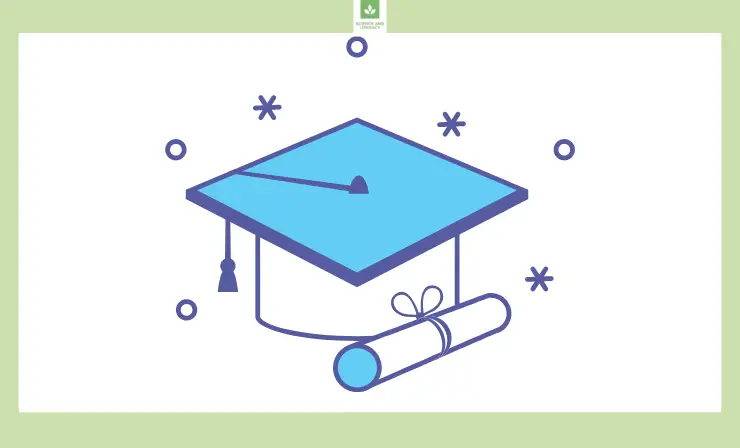
4. Decide on Your Desired Position
Evaluate what type of position you are looking to get hired for. Would you like to teach a class of your own with all special education students, or would you prefer to work for a school where you’ll support special education students within a general education classroom?
5. Interview for Positions Until Hired
I’ll go into a bit more detail for this step below, but the next thing you’ll need to do to become a special education teacher is to schedule plenty of interviews until the right position comes along.
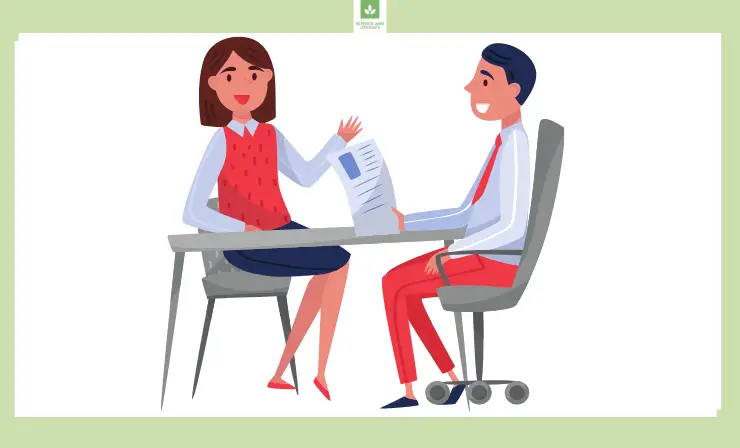
6. Be a Life-Long Learner
In order to keep your license as a special education teacher current, you will need to take continuing education courses. If you were not required to obtain a master’s degree before starting your position as a special education teacher, now may also be the right time to enroll in a master’s program.
Have a bachelor’s degree? Interested in becoming a K-12th Special Education Teacher at Las Cruces Public Schools ?! Become a Licensed Teacher through the THRIVE Program at NMSU! pic.twitter.com/Mrhrg8abbh
— Dr. Miguel Angel Serrano (@MASerrano20) August 14, 2021
Useful Recourses:
- 8 favorite special education websites for teachers and parents
- Special education resources to use during distance learning
- 15 best online resources for teachers
Closing Words
Becoming a special education teacher will take some hard work and dedication. However, in the end, it will all be worth it when you get to make such a huge impact in the lives of your students.
Did I answer your questions about how to become a special education teacher? What grade levels do you think you’d like to support once you receive your certification as a special educator?
- Overview of 22 Low-Code Agencies for MVP, Web, or Mobile App Development - October 23, 2024
- Tips to Inspire Your Young Child to Pursue a Career in Nursing - July 24, 2024
- How Parents Can Advocate for Their Children’s Journey into Forensic Nursing - July 24, 2024

you write a helpful post on how to become a special education teacher
you write a nice and beautiful and helpful post in your this website.